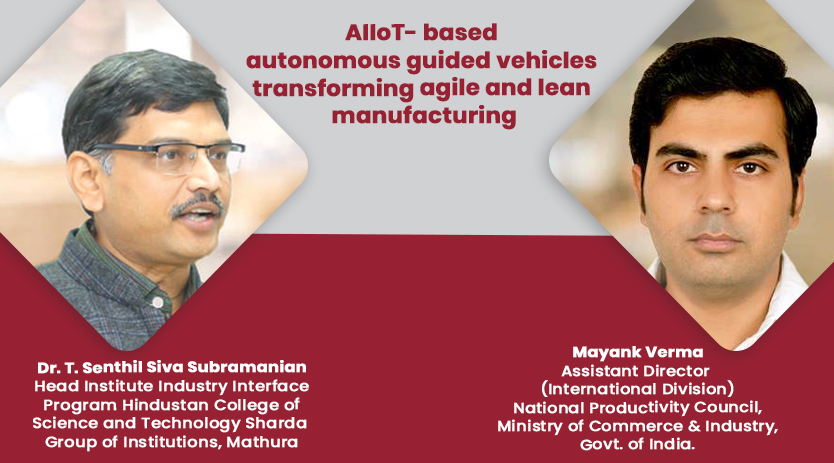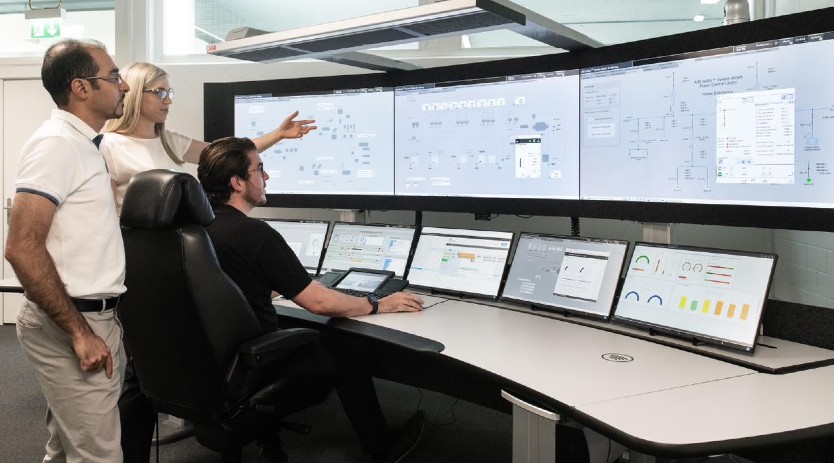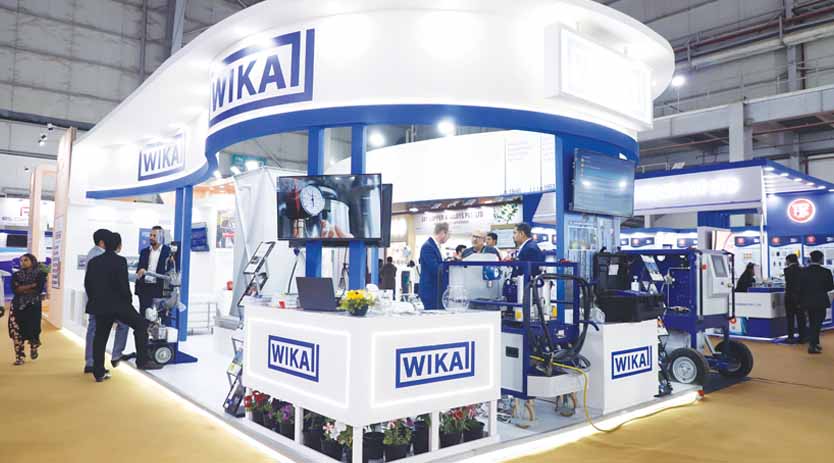Indian enterprises increase AI adoption: PwC report
September 11, 2023 7:50 pm
Over the past two years, the Industrial Products and manufacturing sector has seen a maximum increase of 20 percent in adopting AI/ML solutions.
After the COVID-19 pandemic, Indian businesses have embraced advanced analytics and data-centred choices. The PwC report, titled “Towards a More Intelligent Future: Influence of AI in the post-Covid period”, reveals that the industrial products and manufacturing domain has experienced the highest integration of AI/ML in the past couple of years. Nearly 64 percent of surveyed entities in this sector indicate they are presently in the initial phases of their AI-driven evolution, reflecting the potential for additional investments and growth driven by AI/ML solutions within this industry.
PwC conducted surveys that included more than 220 CXOs and decision-makers in the Indian market, building upon a prior investigation conducted in 2020. Simultaneously, PwC executed the 2022 AI Business Survey, extracting insights from 1,000 worldwide business and technology leaders accountable for their companies’ AI strategies.
While there has been a significant rise in the implementation of AI with considerable and favourable outcomes, current trends suggest that the travel and hospitality sector has reached a point of saturation, says the report. In contrast, the Technology, Media, Telecom, Healthcare, and Pharmaceutical industries have made consistent advancements; yet they face certain challenges in assessing ROI, particularly pre- and post-Covid-19 times.
Compared to these sectors, the retail and consumer market has experienced reduced AI integration, attributed to challenges in pinpointing viable use cases amidst shifting market dynamics and consumer actions.
Sudipta Ghosh, Partner & Leader – Data & Analytics, PwC India, said, “As organisations mature in their journey towards using AI for driving business outcomes, a three-pronged approach around identification of appropriate use cases, the rigour of measuring and communicating the RoI along with driving adoption and scale at the enterprise level using the framework of responsible and explainable AI will be critical.”
Dr. Indranil Mitra, Managing Director & Leader of Advanced Analytics, PwC India, said, “As the volume of enterprise data grows, it is becoming increasingly important to leverage this data in a meaningful way. Companies using AI to model this data are reaping the benefits of business transformation enabled by effective decision-making. However, to truly differentiate themselves from the competition, leaders must also deeply understand the risks around security, privacy, and accountability.”
Sector-wise AI adoption trends
· Industrial Products & Manufacturing: Between mid-2020 and 2022-23, the sector experienced the highest growth of 20 percent in adopting AI/ML solutions. After implementing these solutions within 12 to 18 months of the pandemic, entities in this field garnered the most advantages from AI in three key business areas: manufacturing and operational processes, supply chain and logistical operations, and information technology and cyber security.
● Retail: Compared with the other sectors, the retail and consumer industry witnessed a marginal decrease of 6 percent in 2022–23 compared to 2020. This was triggered by the gap in identifying the right use cases and measuring the RoI. Use cases in this sector are primarily in sales and marketing, customer service, and supply chain and logistics, with 68 percent, 52 percent and 56 percent of participants reporting only marginal to no improvements.
● Technology, Media & Telecom: As per the survey, there is a nearly 15 percent increase in respondents deploying enterprise-wide AI/ML solutions at scale. To keep up with market forces and build a long-term competitive advantage, organisations are piloting AI/ML solutions to investigate and measure their impact. There was an almost 7 percent increase in such implementation at the pilot level in 2022-23 compared to 2020.
● Healthcare & Pharmaceuticals: In the wake of the Covid pandemic, this sector has seen steady progress in AI adoption, demonstrating a 7 percent growth since 2020-21. According to the survey, 85 percent of participants are interested in AI-powered solutions prioritising patients, such as personalised treatment strategies for autonomous disease identification and support in prevention and cure. Additionally, around 65 percent are open to and willing to pay for services that utilise AI to predict illnesses or medical issues. However, only 15 percent of all respondents fully trust AI-generated diagnostic outcomes, while 78 percent of the population intends to delve deeper by consulting doctors and discussing these results.
Finally, in contrast to 2020, the Travel & Hospitality market is heading towards saturation. The industry has witnessed a roughly 7 percent increase in the adoption of AI. Nearly 99 percent of the surveyed organisations have integrated AI/ML extensively, at least in specific domains. These businesses have also observed a corresponding enhancement in operational performance, with 67 percent of respondents indicating a substantial enhancement in outcomes due to targeted investments in certain business functions.
Cookie Consent
We use cookies to personalize your experience. By continuing to visit this website you agree to our Terms & Conditions, Privacy Policy and Cookie Policy.

















